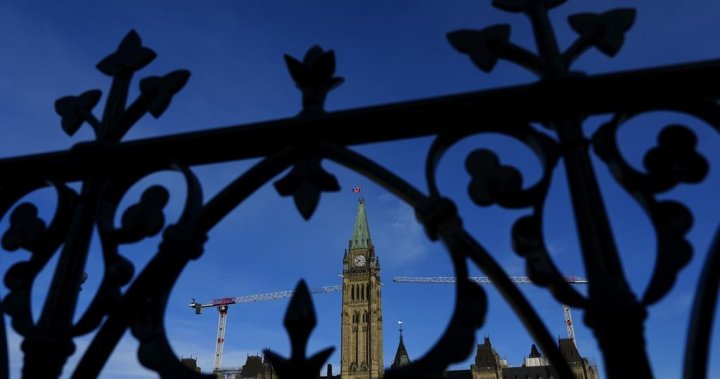Pam Bristol from Regina is the caretaker for her 18-year-old son, David Rheault, who was born with a severe case of cerebral palsy, a brain disorder that affects mobility and balance. Despite being able to communicate with assisted technology, Rheault still requires significant support. While Bristol is not worried about being able to support her son at home, she believes that the current support provided by the government is insufficient, especially for disabled individuals looking to live independently. Critics argue that the federal government’s recent investment in disability benefits, while the largest budget item, does not do enough to help the 1.4 million disabled people living in poverty across the country.
The federal government’s 2024 budget includes reforms to the Canadian Disability Benefits Act, with an initial funding envelope of $6.1 billion over the first five years and $1.4 billion annually thereafter. The program aims to provide financial support for low-income, working-age individuals with disabilities, with a maximum benefit of $2,400 annually going to over 600,000 individuals aged 18 to 64. However, this equates to only $200 a month or about six dollars per day, which advocates argue is inadequate to support individuals like Bristol’s son, David, in living a quality life. They highlight the need for better options for independent living for disabled individuals.
Despite the government’s assertion that the $200 monthly payment is meant to supplement existing provincial programs rather than replace them, advocates were hoping for more substantial support. A report by the Parliamentary Budget Office explored different implementation options for the benefit, ranging from $2 billion to $20.5 billion. Organizations like Maytree suggest that a $200 monthly supplement would not be enough to lift a single adult with a disability out of poverty. While Minister Kamal Khera acknowledges that the benefit falls short, she sees it as a starting point towards improving support for Canadians with disabilities, in collaboration with provinces and territories.
Finance Minister Chrystia Freeland defended the government’s investment in disability benefits, acknowledging the challenges faced by people with disabilities in Canada. She emphasized that while the current budget represents a historic investment, there is still room for improvement. NDP Leader Jagmeet Singh expressed disappointment in the benefit, stating that it does not adequately support low-income individuals with disabilities. He called on Prime Minister Justin Trudeau to address concerns around the insufficiency of the $200 monthly payment. The budget also proposes expanding the disability tax credit to cover additional expenses related to disability.
Canada Disability Benefit payments are expected to begin reaching eligible individuals by July 2025. Despite the government’s efforts, advocates like Rabia Khedr of Disability Without Poverty express disappointment in the lack of creative funding solutions to provide adequate support for disabled individuals. For those like David Rheault, who aspire to enter the workforce as a truck driver or firefighter despite their challenges, there remains hope for a future with the right support and resources. As discussions continue around the adequacy of disability benefits in Canada, the government acknowledges the need for ongoing improvements to better support individuals with disabilities.













